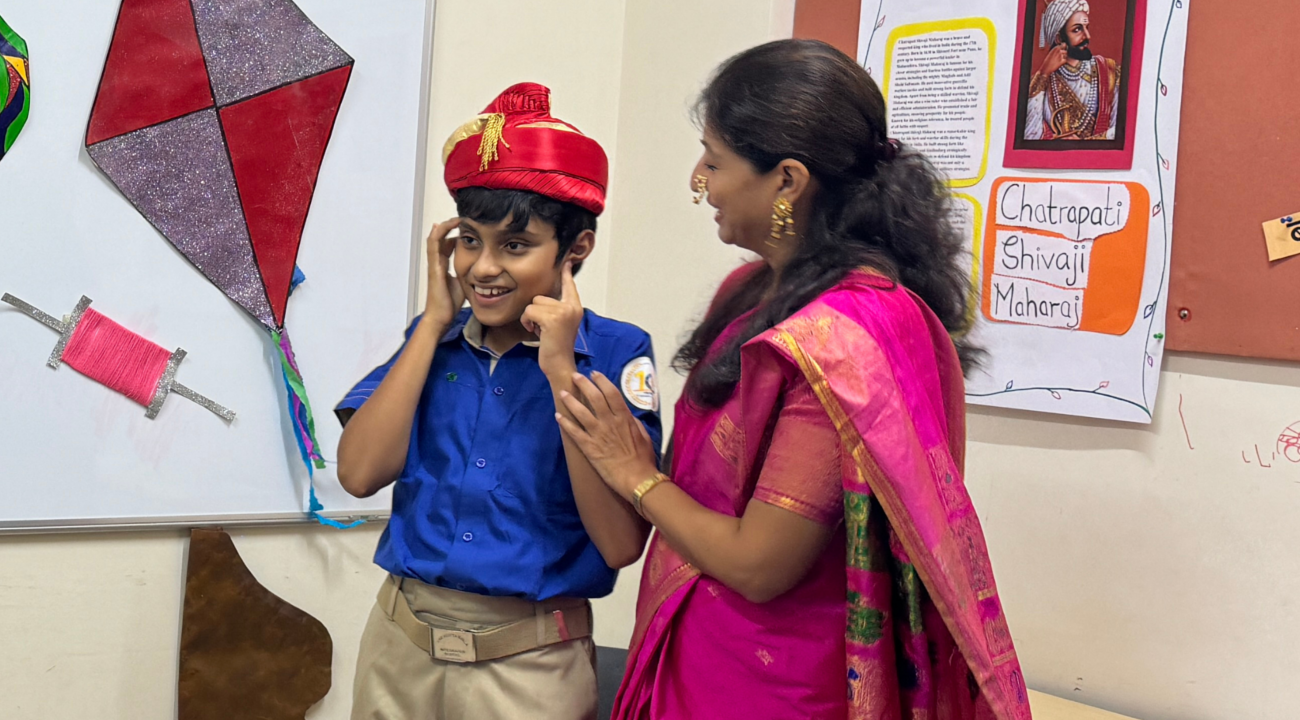

Parental involvement in special education plays a crucial role in a child’s overall development. When parents actively collaborate with teachers, therapists, and school counselors, they help create a consistent support system that addresses the child’s unique learning needs. This partnership ensures that educational strategies are reinforced at home, enabling children to practice and master important skills. Parents also advocate for their child’s rights, track progress, and provide emotional encouragement, which boosts the child’s confidence and motivation. Such involvement fosters independence, improves social and academic outcomes, and empowers children with special needs to thrive in both school and everyday life.
Parents play a central role in supporting children with special needs. Their involvement goes beyond school meetings - it directly impacts a child’s learning and overall well-being.
At home, parents shape learning from day one. They spend more time with their child than anyone else. Their active role in planning and monitoring helps schools set personal goals. Parents also share insights about behavior, communication, and daily routines. This supports teachers in guiding the child better.
Home is a child’s first classroom. Parents can support special needs education at home by:
Parents can advocate by ensuring their child gets the right support. They can:
Strong ties between parents and schools create steady learning. Teachers suggest strategies, and parents use them at home. Regular talks build trust and clarity. Parents who attend workshops and school events also help in building inclusive spaces.
Parental involvement brings many benefits:
Parents must know their rights in education. They can track progress, ask for services, and help design an Individualized Education Program (IEP). When parents are aware of their rights, they advocate better and secure the needed support.
Parents face challenges like a lack of awareness, money concerns, or social stigma. Some may feel alone or unsure about resources. Schools and educators can help through awareness programs, counseling, and training sessions that build parental confidence.
Special schools support children with different needs. They offer trained staff, structured programs, and therapies. A special school in Mumbai, for example, gives personal learning plans, therapy sessions, and job skill training. This helps children in academics and life skills.
Parents can use simple steps to support learning:
Children with special needs require emotional care. Parents can:
Schools and therapy centers offer training for parents. These workshops teach skills for learning, communication, and behavior. Training empowers parents to handle challenges and continue teaching at home.
Read more - Are you looking for a special school near you in Mumbai? Discover how to locate a special school near you in Mumbai.
Technology helps children with special needs in many ways. Parents can use apps for communication, games for learning, and videos for skills. It also helps track progress. Parents who use digital tools make learning fun and engaging.
Parents can join local or online groups. These communities provide support, share resources, and guide families. Parental community advocacy creates awareness and helps schools and policymakers understand the needs of children with disabilities.
Long-term benefits include better academics, improved life skills, and higher confidence. Children also learn independence and resilience. Parents, in turn, build stronger bonds and support systems.
Parents’ role in special education goes beyond academics. By supporting learning at home and advocating for their child, they become partners in growth. With guidance and resources, parents can ensure children receive the best opportunities in school and life.